Non-Qualified Mortgages (Non-QM)
Non-QM programs are designed for borrowers who do not meet the strict underwriting standards of a Qualified Mortgage (QM), often due to complex finances or past credit issues.


Who Benefits from Non-QM?
Non-QM loans primarily serve borrowers who:
- Have Complex Income: This includes self-employed individuals or those who work in fields where generating a traditional financial paper trail (like W-2s and tax returns) is difficult. These programs offer alternatives like:
- Bank Statement Loans: Income is verified by presenting bank statements that reflect regular deposits, instead of relying on tax returns.
- No-Ratio Loans: Loans may be approved without documenting income at all.
- Have Challenging Credit History: Borrowers with a delinquent credit history, including bankruptcies, foreclosures, short sales, or low credit scores due to missed payments.4
- Have High Debt: Individuals with a high Debt-to-Income (DTI) ratio (often above 50%), which would typically disqualify them from most QM programs.

Advantages of Non-QM Programs
The flexibility of Non-QM programs is their core advantage:
- Flexible Eligibility: They offer less stringent requirements regarding credit scores and DTI ratios.
- Easier Documentation: The process for reviewing financial documents and verifying employment is less stringent than for QM loans.

Downsides of Non-QM Programs
The increased risk associated with Non-QM loans translates into higher costs and fewer options:
- Higher Interest Rates: The interest rates are generally higher than those for Qualified Mortgages.
- Limited Lenders: Fewer lenders offer these programs, resulting in less selection compared to conforming loans.
- Higher Default Risk: Due to the less stringent verification process for income and assets, there is an inherent higher risk that these loans could default.
Ready to get started?
Schedule a free estimate with us today
